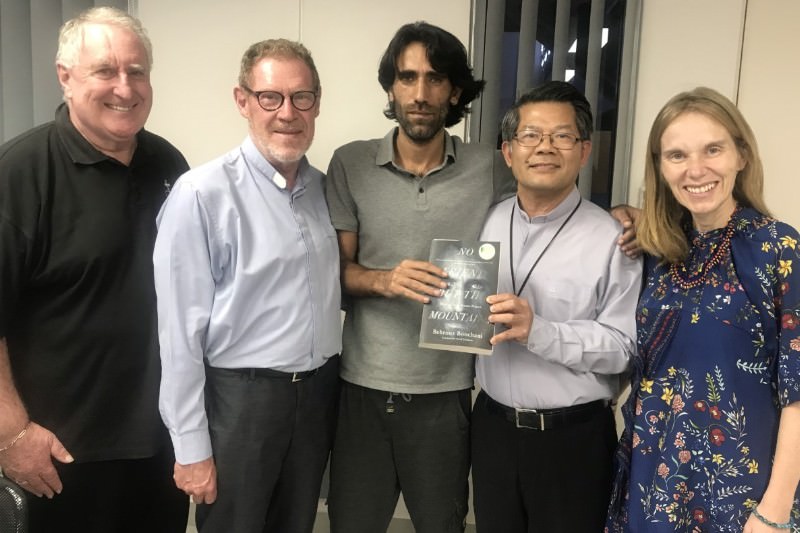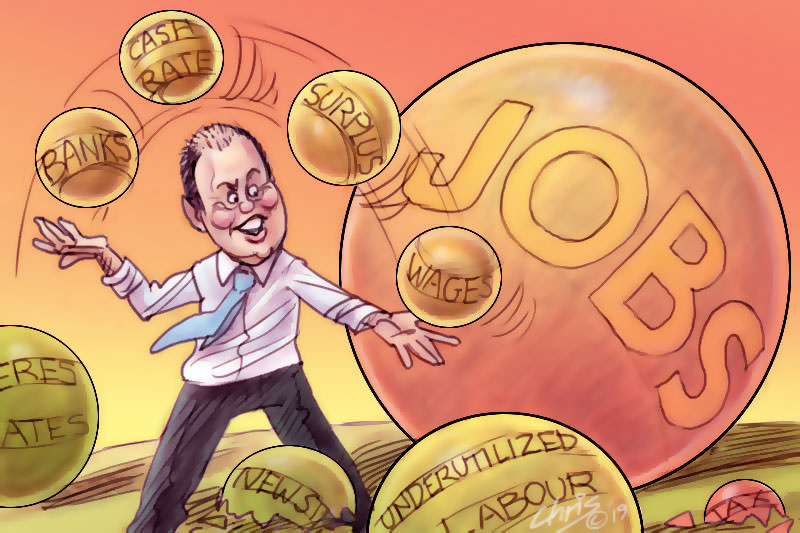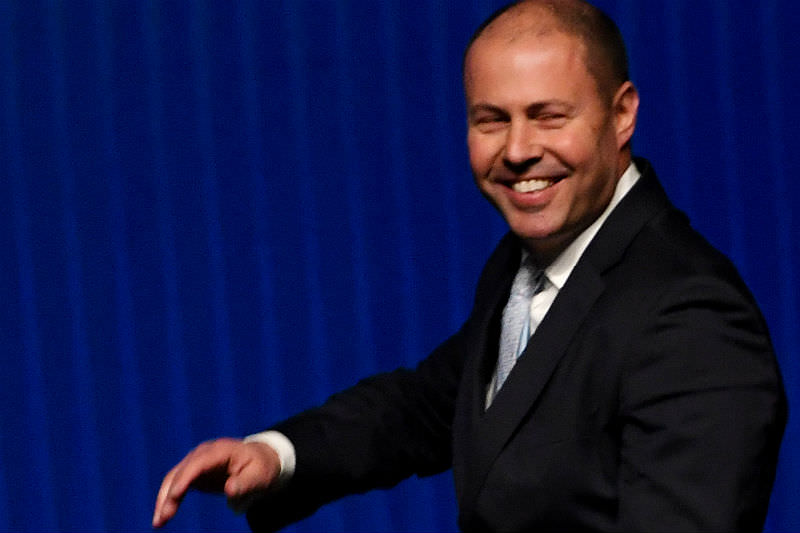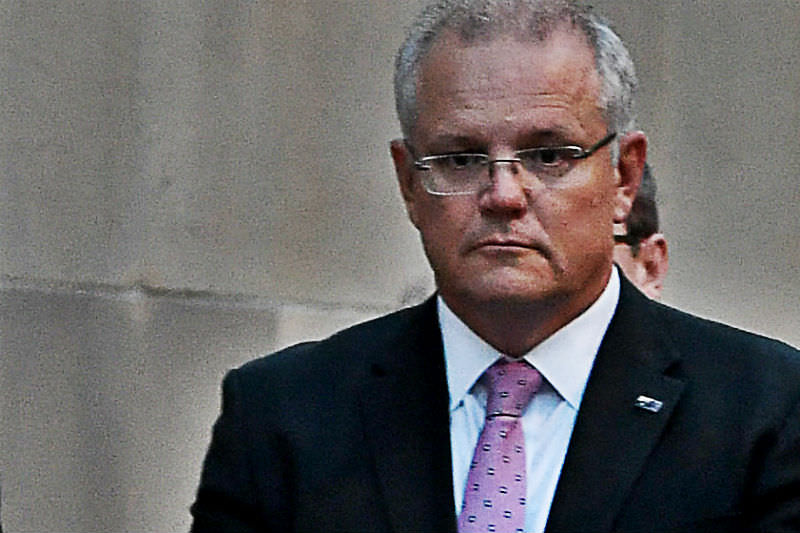Keywords: Catholic Social Services Australia
There are more than 200 results, only the first 200 are displayed here.
-

RELIGION
- John Warhurst
- 25 February 2020
7 Comments
Approaches to governance are in flux within church agencies, sectors, dioceses and at the national level, either driven by the demands of state regulations or in response to the challenging new situation the church finds itself in. There is so much change going on that it is difficult to follow.
READ MORE 
-

RELIGION
- John Lochowiak
- 24 February 2020
17 Comments
Pope Francis’ 'Querida Amazonia' (Beloved Amazonia) has been warmly received by many members of the Aboriginal and Torres Strait Islander Catholic community. The tone of the exhortation is reflective of the position that underpins our vision for the Church in Australia — a Church that is open to the gifts of First Nations Catholics, honest to the past and embracing of a new way of thinking that utilizes the principle of subsidiarity.
READ MORE 
-

AUSTRALIA
- Felicity Rorke
- 14 February 2020
4 Comments
The Royal Commission into Family Violence conducted by the Victorian Government in 2015, told many of us what we fundamentally already knew — that family violence is a widespread issue for many women across this state, and that our services, systems, institutions and communities are not doing enough to effectively support victim survivors.
READ MORE 
-

AUSTRALIA
- Helen Burt
- 10 February 2020
5 Comments
My personal experience during the first 18 months of involvement with the NDIS, was frustrating and particularly deflating for someone who had written submissions and emailed politicians and understood the potential of the scheme. My only contact seemed to be with an immovable, impossible-to-navigate bureaucracy determined to stand in the way of me receiving any support I was promised.
READ MORE 
-

RELIGION
- John Warhurst
- 28 January 2020
57 Comments
Australia's bishops have yet to demonstrate the new openness to the Catholic community necessary for a successful Plenary Council. Their inclination to secrecy remains an impediment. They just don't get transparency as a virtue and they have twice demonstrated their adherence to old ways of doing things in recent months.
READ MORE 
-

AUSTRALIA
- Joe Zabar
- 04 December 2019
4 Comments
In light of the banking royal commission and the government's work in developing a plethora of transparency and integrity measures, it beggars belief how Brian Hartzer and Angus Taylor could bring upon themselves and their respective institutions so much unwanted publicity.
READ MORE 
-

AUSTRALIA
- Joshua Lourensz
- 19 November 2019
5 Comments
'Refugees/not refugees — here it is all the same,' a man tells me with a shrug. There seems to be both recognition of the impossibility of the situation for all who have been left here — but also an attitude that no one should be left behind.
READ MORE 
-

AUSTRALIA
- Joe Zabar
- 18 October 2019
3 Comments
Treasurer Josh Frydenberg's attack on banks for failing to pass on the full rate cut to consumers is a political distraction. There are two clear signals coming out of the latest cut. First, monetary policy is not enough to spark a revival of the economy. Second, it's now all about jobs. Frydenberg and his officials would be wise to heed these signals.
READ MORE 
-

RELIGION
- John Warhurst
- 14 October 2019
8 Comments
The royal commission concluded that child safety, in all its organisational ramifications, raised questions of culture and governance for the church. If the Plenary Council 2020 doesn't take such issues seriously then it will be one indicator that the momentum around last year's official national apology has slowed.
READ MORE 
-

AUSTRALIA
While the current economic climate is cause for concern, it is not the time to panic. A more sensible alternative to austerity is for governments, business, unions and charities to look for ways we can together soften the impact of any global downturn. This will require bipartisan agreement to sacrifice some or all of the budget surplus.
READ MORE 
-

AUSTRALIA
- John Warhurst
- 26 August 2019
14 Comments
Regional and rural Australians possess many powerful voices. As well as having a political party of their own, the Nationals, they are represented by many powerful lobby groups. Language which seeks to privilege quiet over loud citizens has the effect of advantaging the strong over the weak and insiders over outsiders in our political life.
READ MORE 
-

FAITH DOING JUSTICE
- Andrew Hamilton and Madison Rosaia
- 26 July 2019
6 Comments
When devising policies for people on the margins, Australian governments seem always to settle on punitive measures. Although imprisonment has a place in penal policy, the focus should be on the persons who perpetrate crime and on those who are damaged by it. Penal policy is ultimately about ensuring just relationships.
READ MORE 